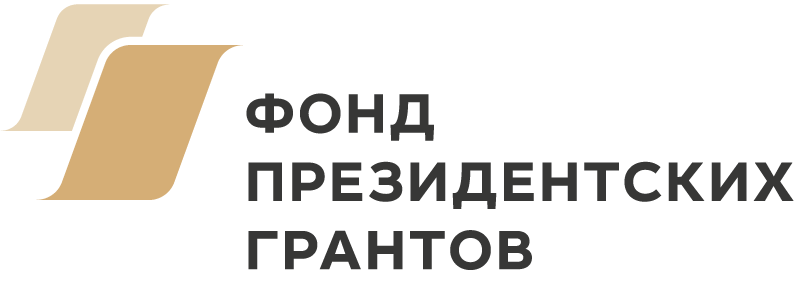Trash Free National Parks
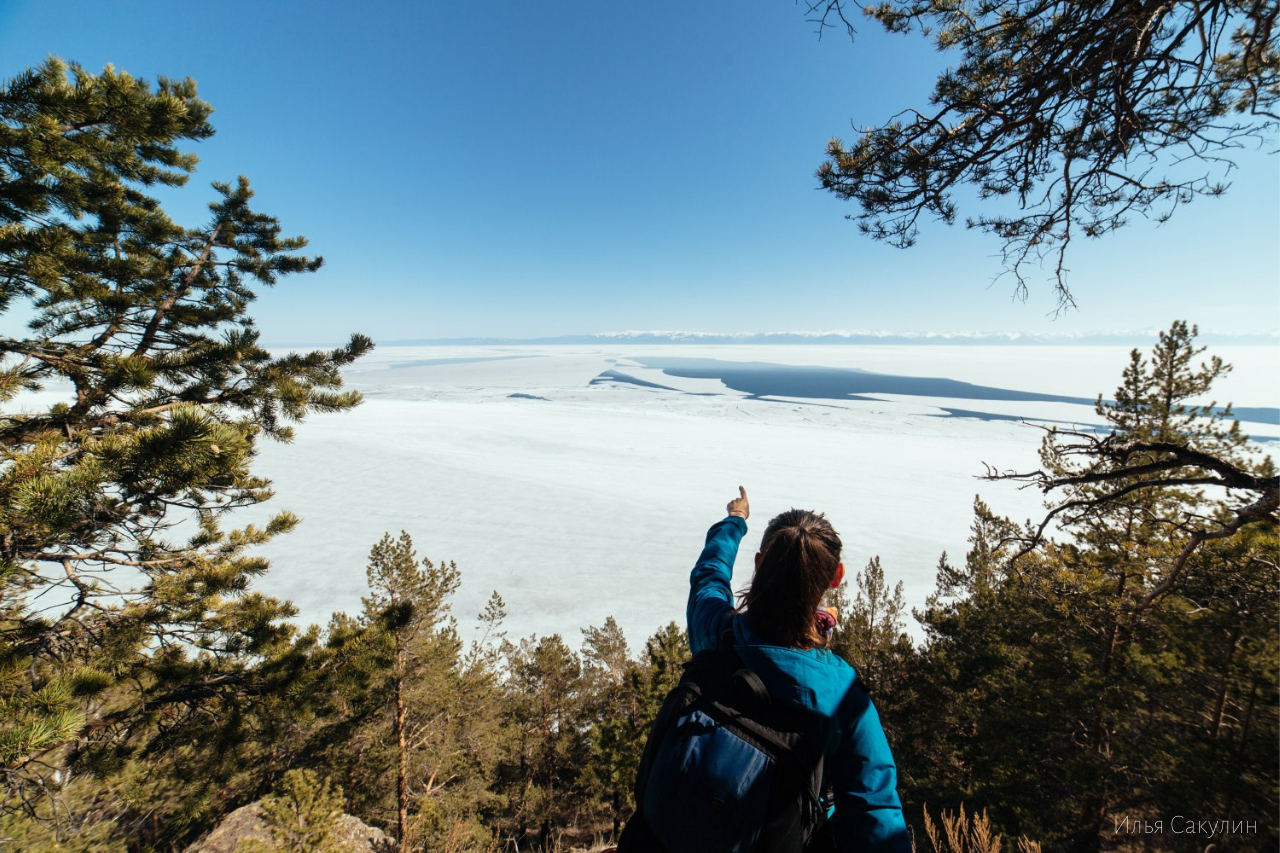
2019 — present
In attempt to comprehensively consider conservation of the Baikal natural area, Lake Baikal Foundation paid attention to one of the most serious environmental problems: littering and excessive generation of waste. The Trash Free National Parks program is aimed at a comprehensive solution to the problem of garbage and waste deposits left in the national parks around Baikal. The pilot project is being implemented in the Zabaikalsky National Park (the Republic of Buryatia) and the Chikoy National Park (the Zabaikalsky Krai) in 2019-2021.
Lessons learnt from the project are scalable and adaptable for other protected natural areas in the Baikal region and Russia as a whole. The Trash Free National Parks program is open to build and develop new sustainable partnerships!
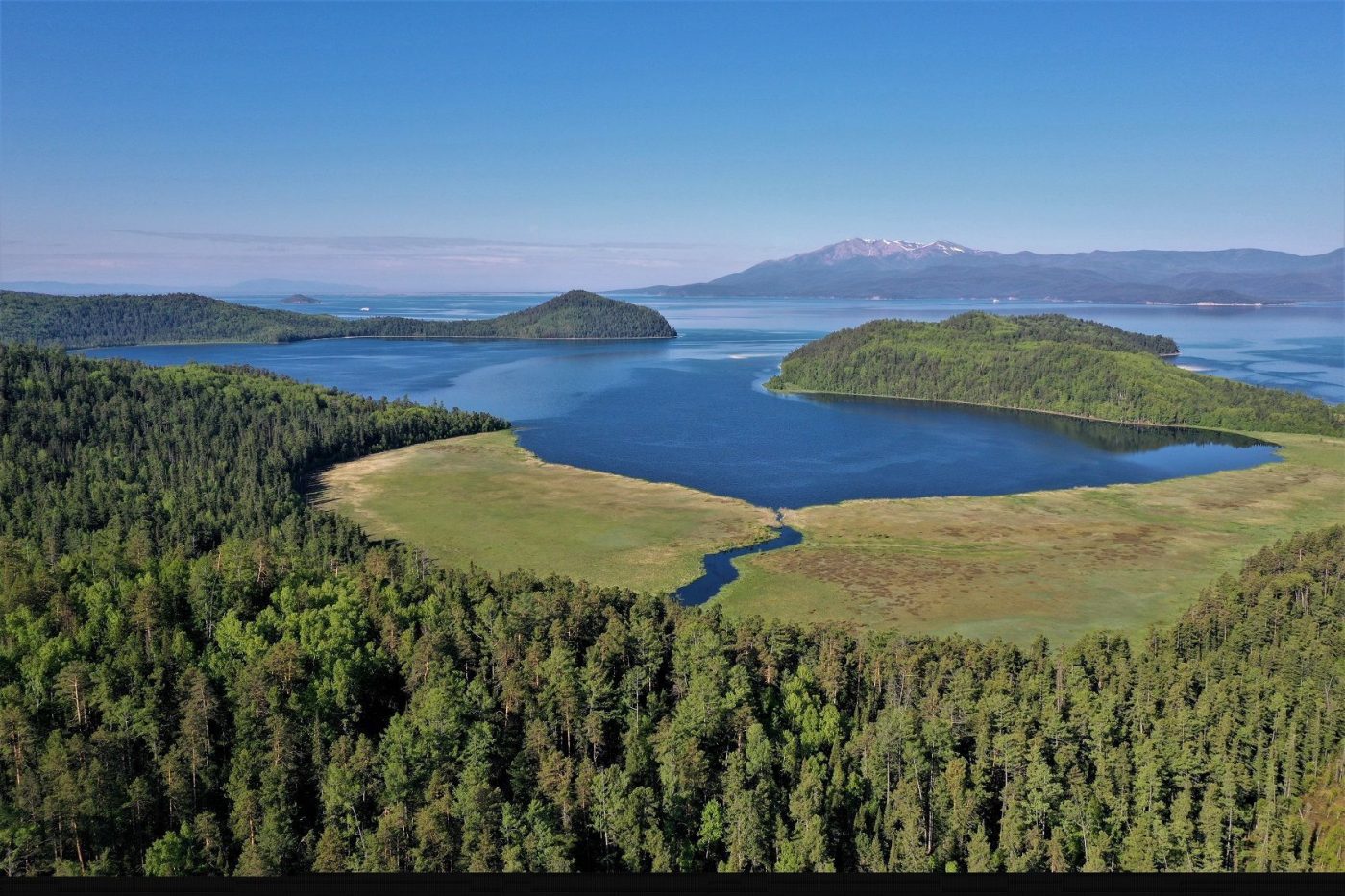
Trash Free National Parks: the Zabaikalsky National Park
The pilot project is being implemented in the Zabaikalsky National Park (the Republic of Buryatia) in 2019-2021.
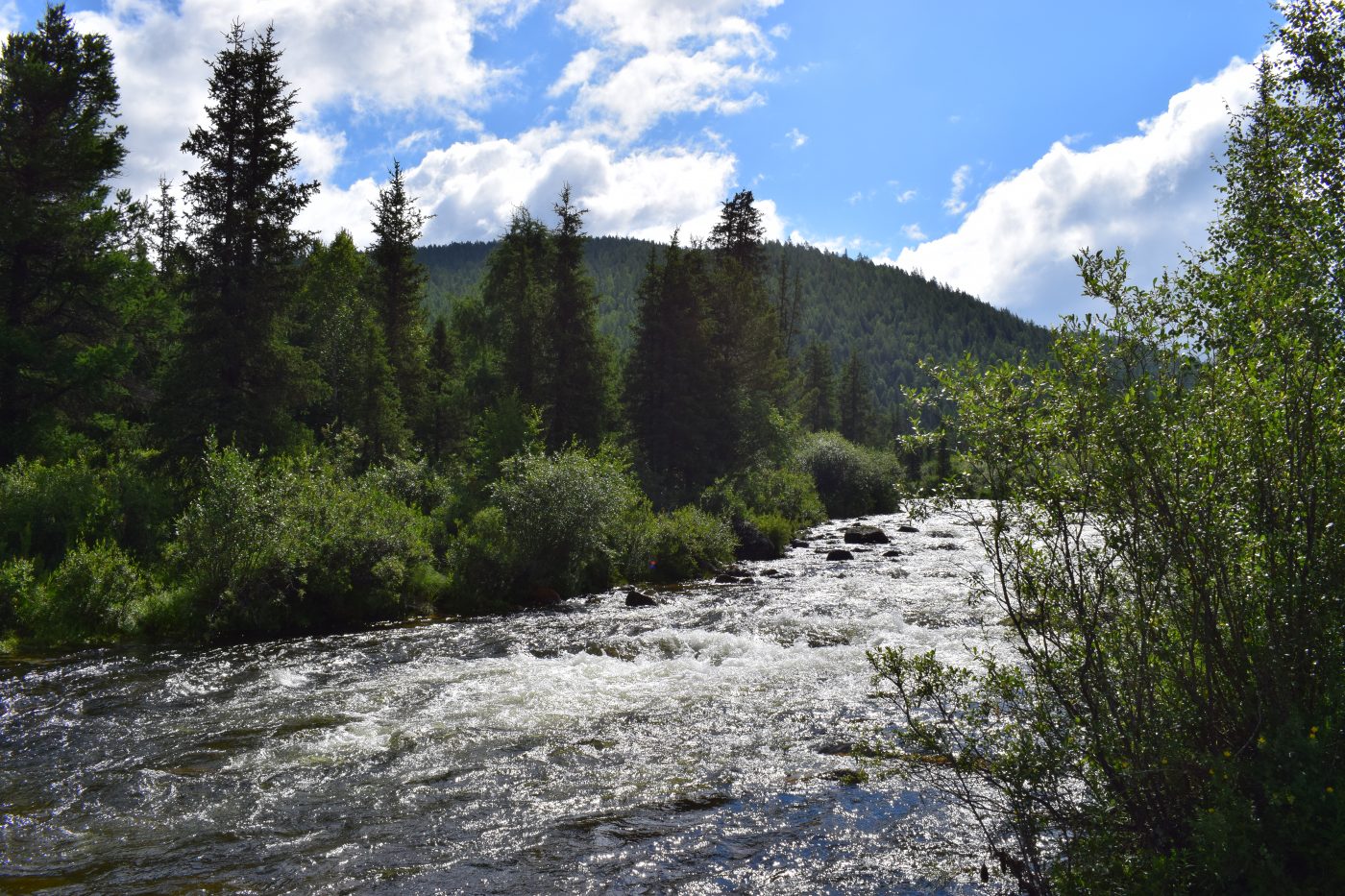
Trash Free National Parks: Chikoy
A scale-up of the practices in the Chikoy National Park (the Zabaikalsky Krai).
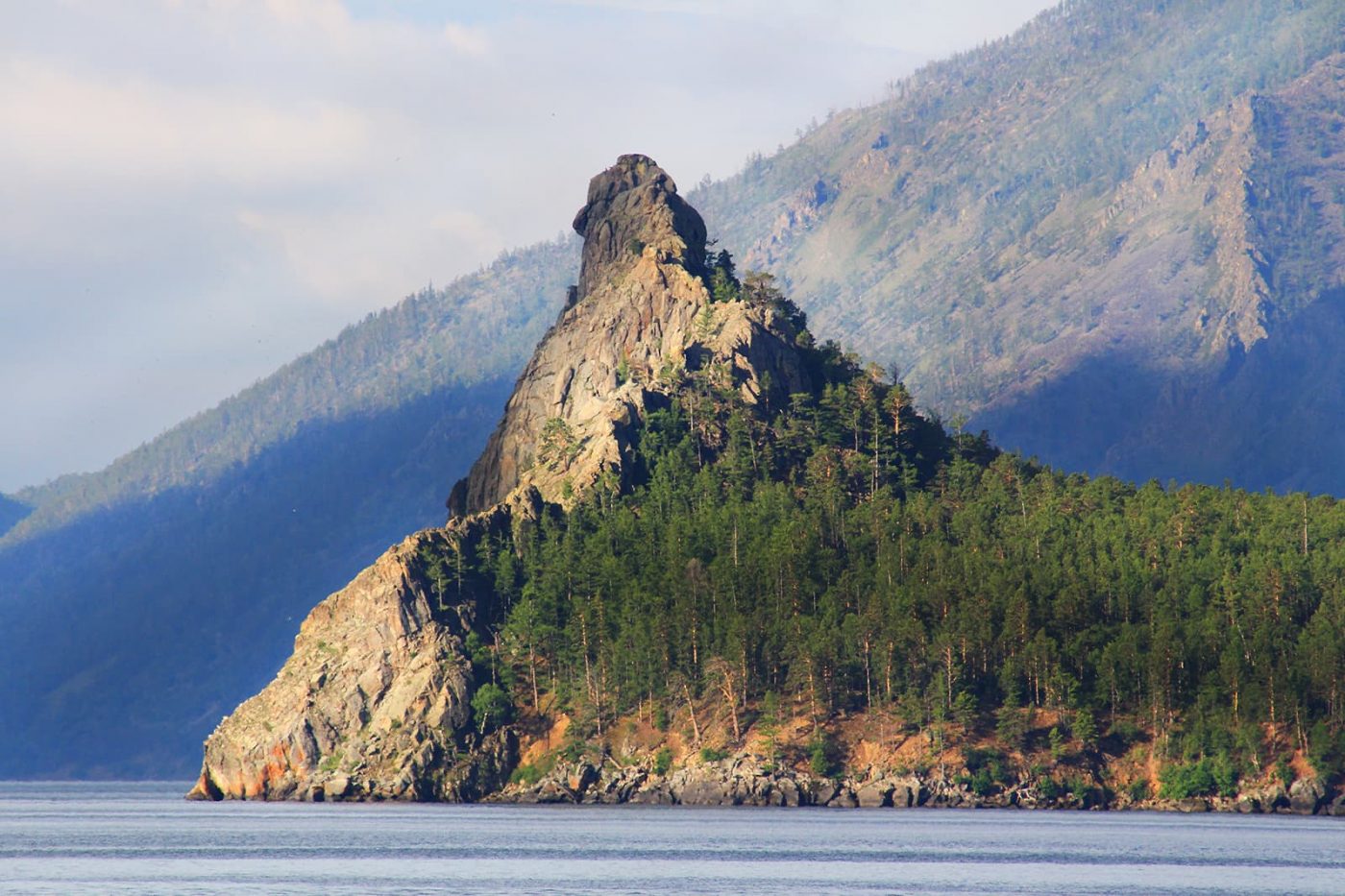
Trash Free National Parks: the Pribaikalsky National Park
A scale-up of the practices in the Pribaikalsky National Park (the Irkutsk region).
Goals:
- to increase the level of ecoculture of local population and the Baikal visitors;
- to prevent littering in the Special Protected Natural Area (SPNA);
- to implement separate waste collection in the SPNA.
What have been done:
- we achieved the main goal of the project: the recycling and separate garbage collection works in the Zabaikalsky national park, based on research of morphology, dynamics and logistics of waste accumulated in the national park. The research is presented in the Concept of Sustainable Waste Management in the Zabaikalsky National Park;
- 20 000 visitors of the Zabaikalsky National Park have been informed about the new principles of waste management: “Carry In – Carry Out” and “Recycle Rightly”, with the help of more than 100 volunteers;
- for further popularization of the responsible waste treatment principles and ecoturism we shot a short movie about responsible tourism with pro bono partners Method Production.
Sustainable development of the project:
- in the midterm, the project will become a basis for sustainable environmental development of the Baikal region in the field of waste management. By 2022, we plan to anchor the recycling system in the national park, by 2026, we are going to provide implementation of other sustainable development elements in the SPNA: switch to alternative energy sources, implement environmental practices in recreation places, pursue systematic educational work with the local community, etc. In the context of the governmental waste-management reform, the SPNAs need support from the non-commercial sector, civil society, and business to cooperate for sustainable development of natural areas.
Photo: Ilya Sakulin
In 2019-2020 the project was implemented with the support of the Presidential Grants Foundation
